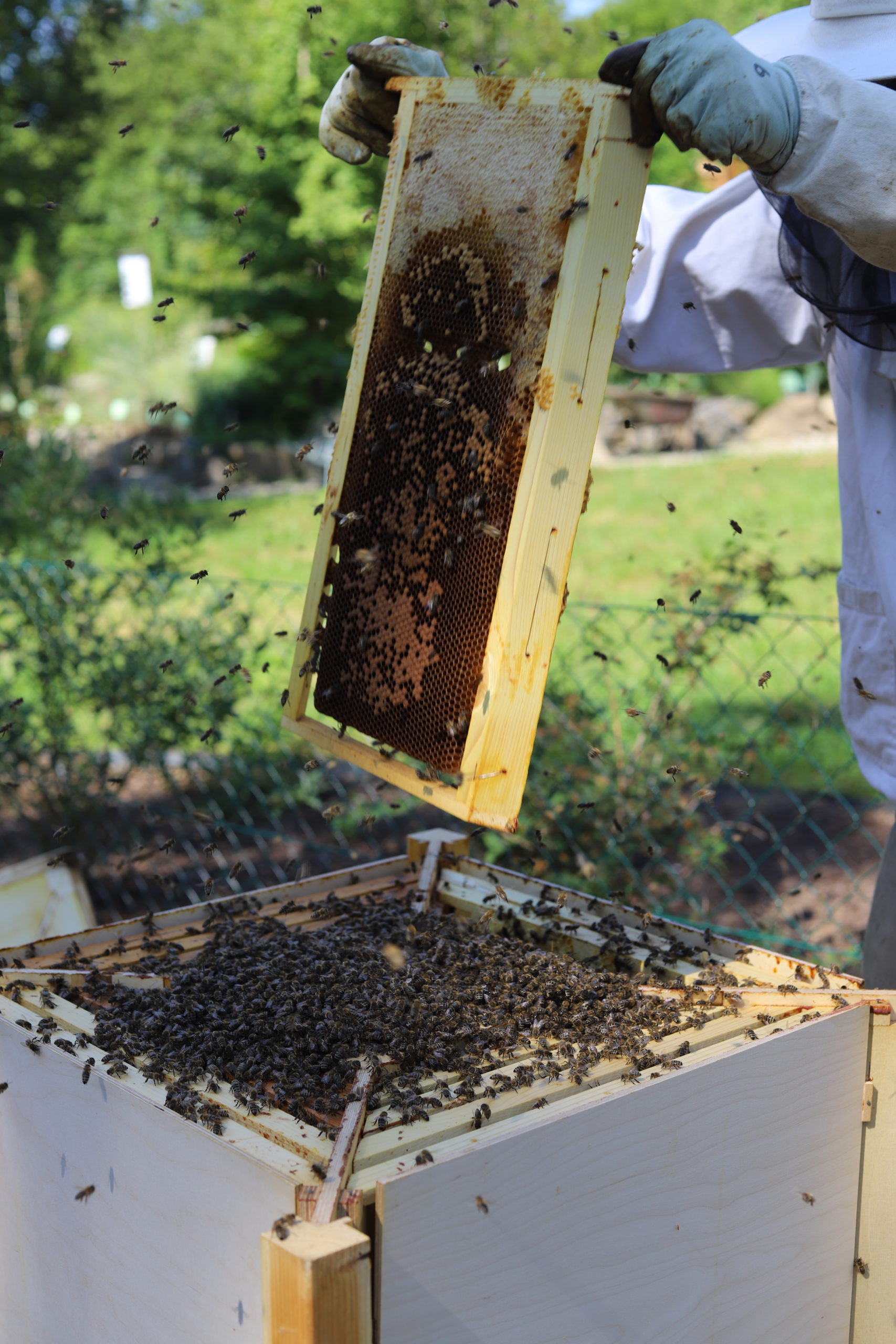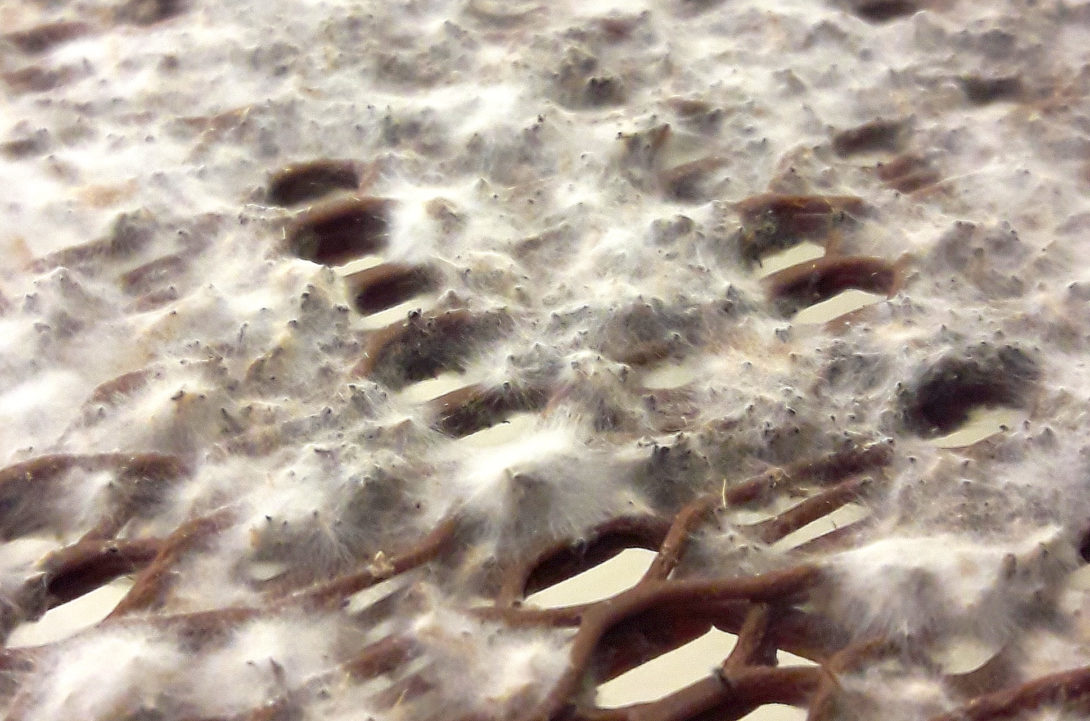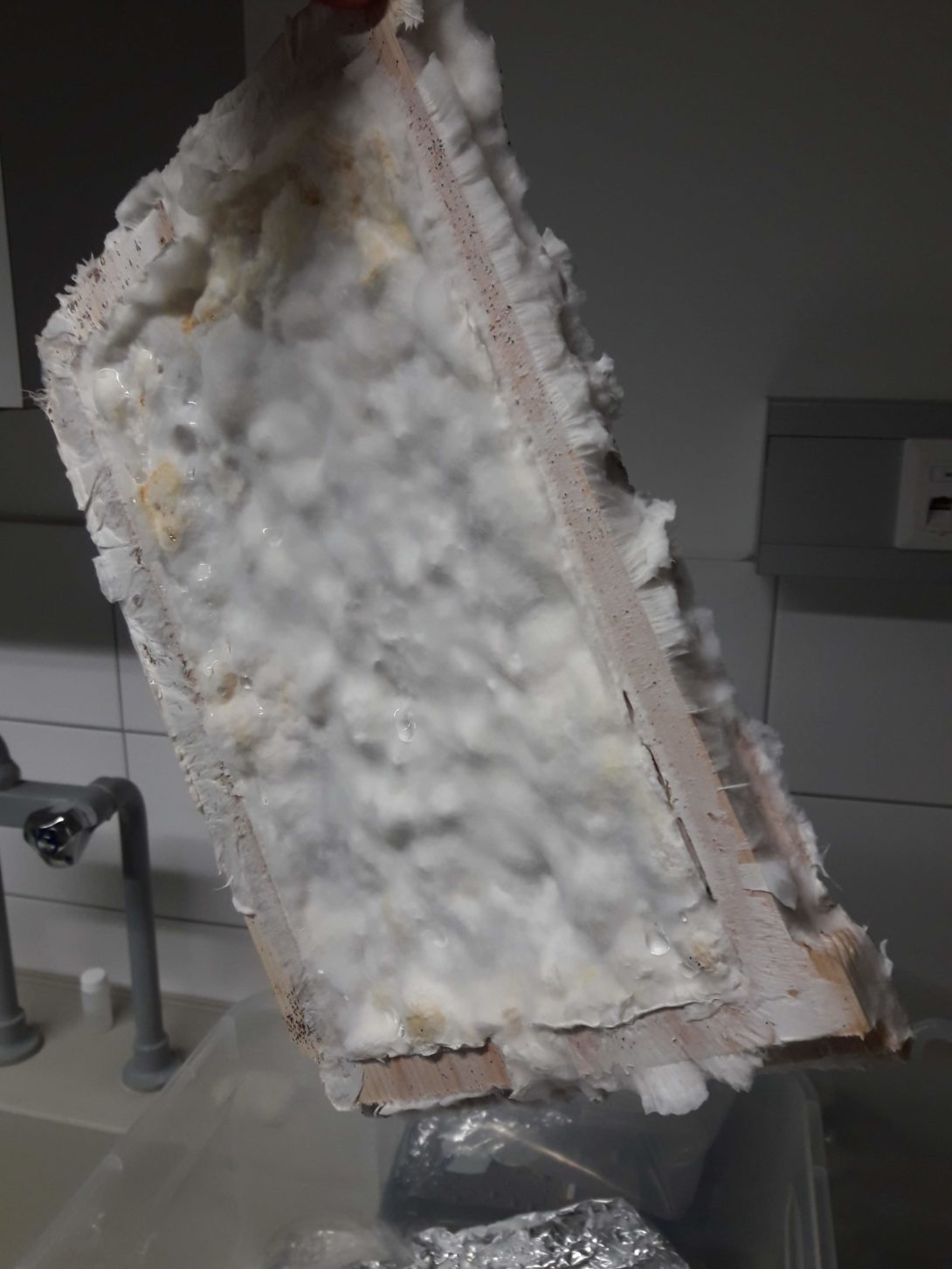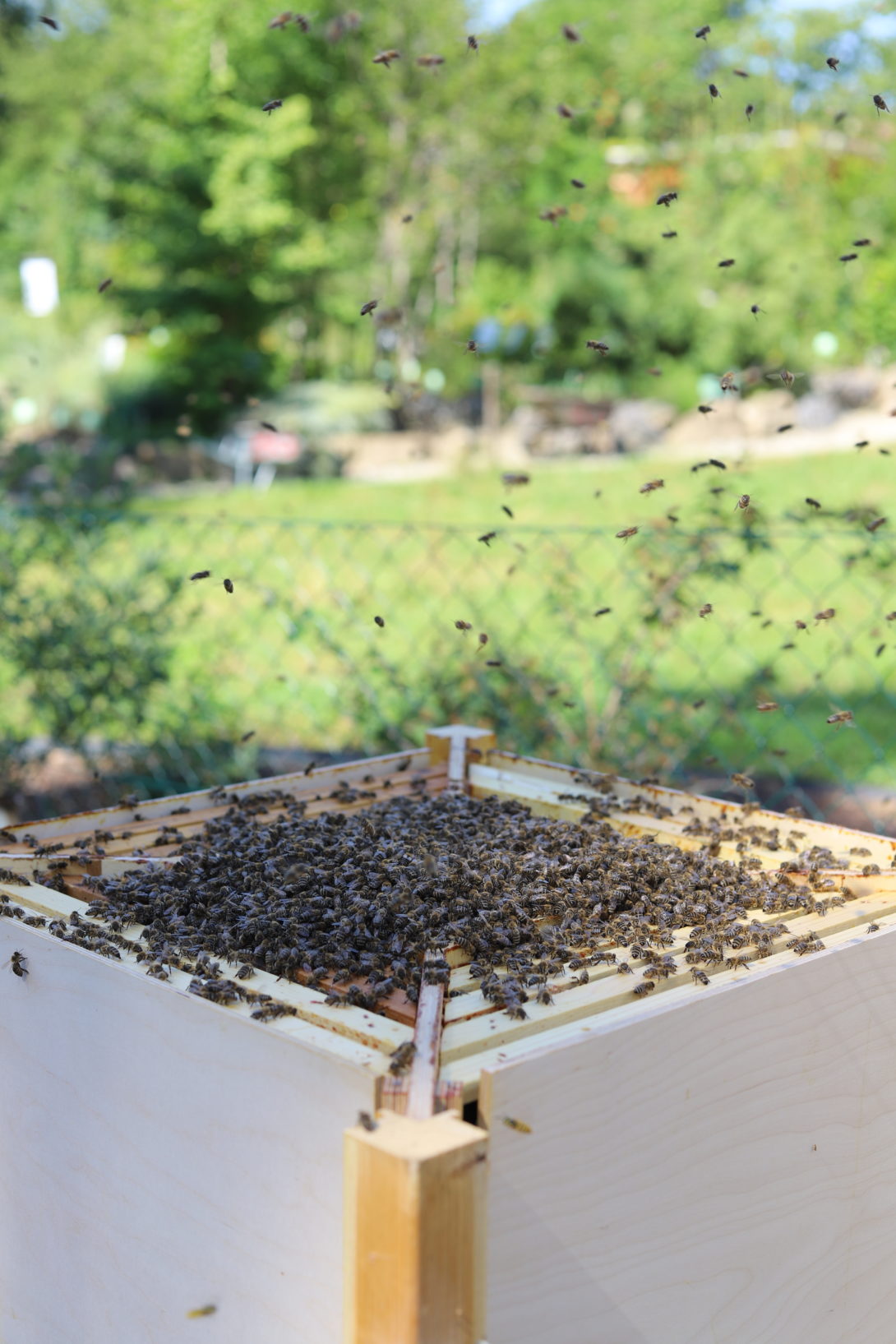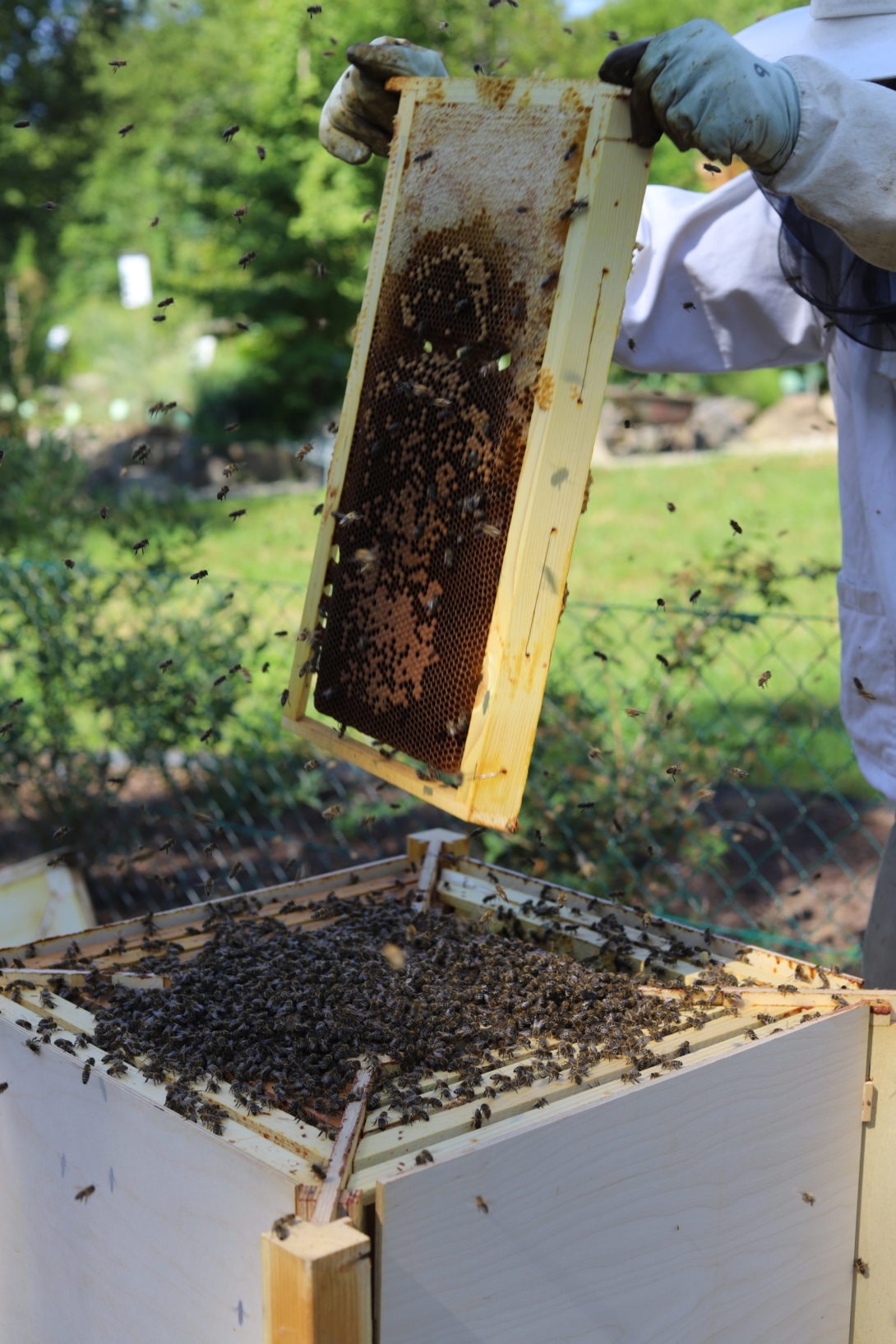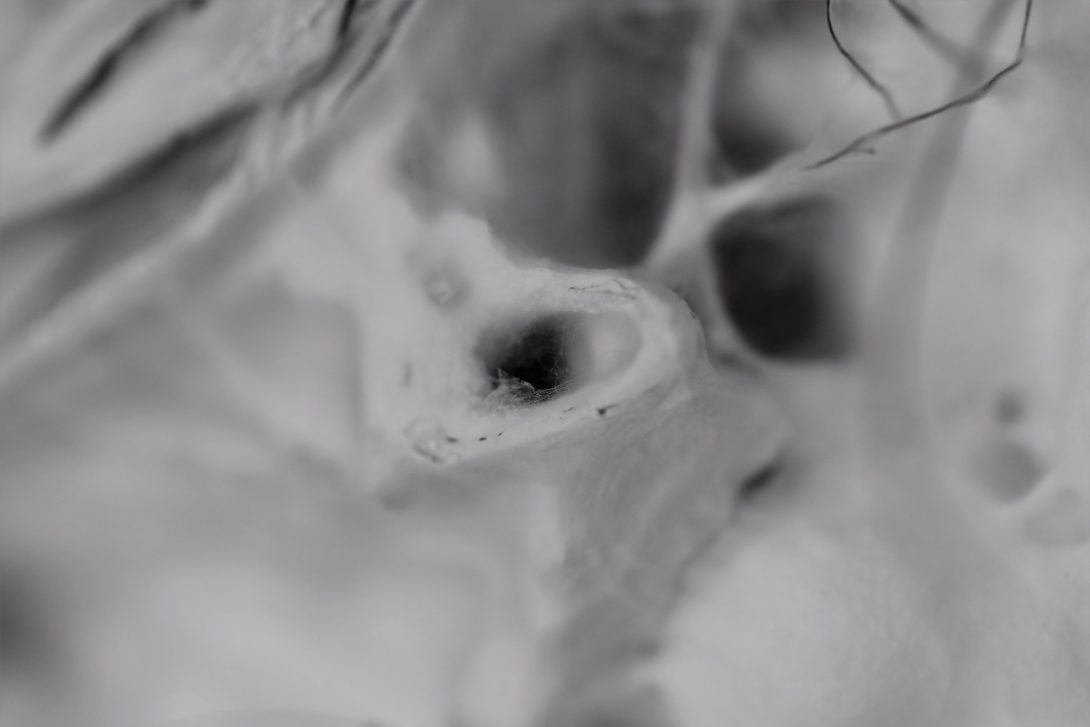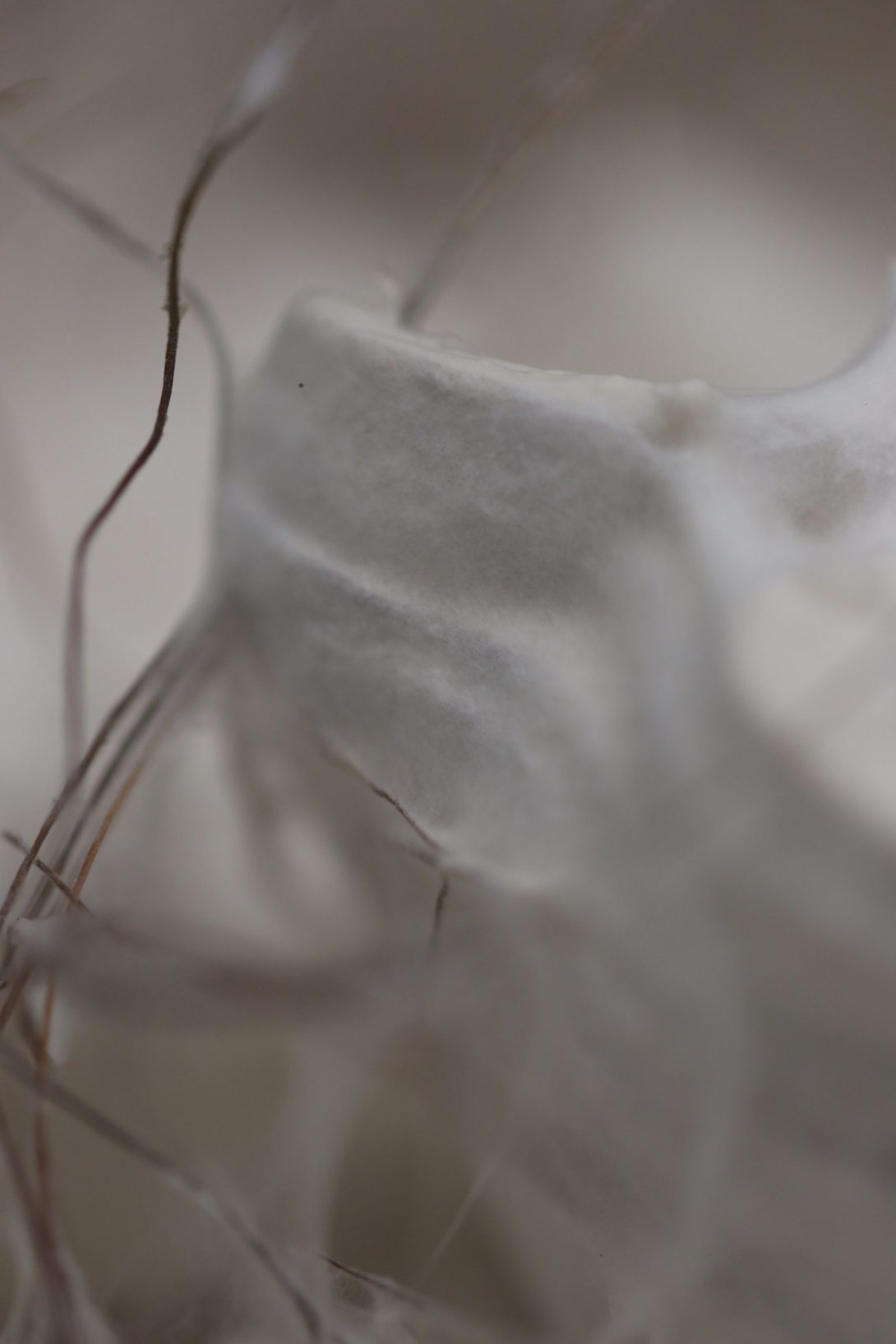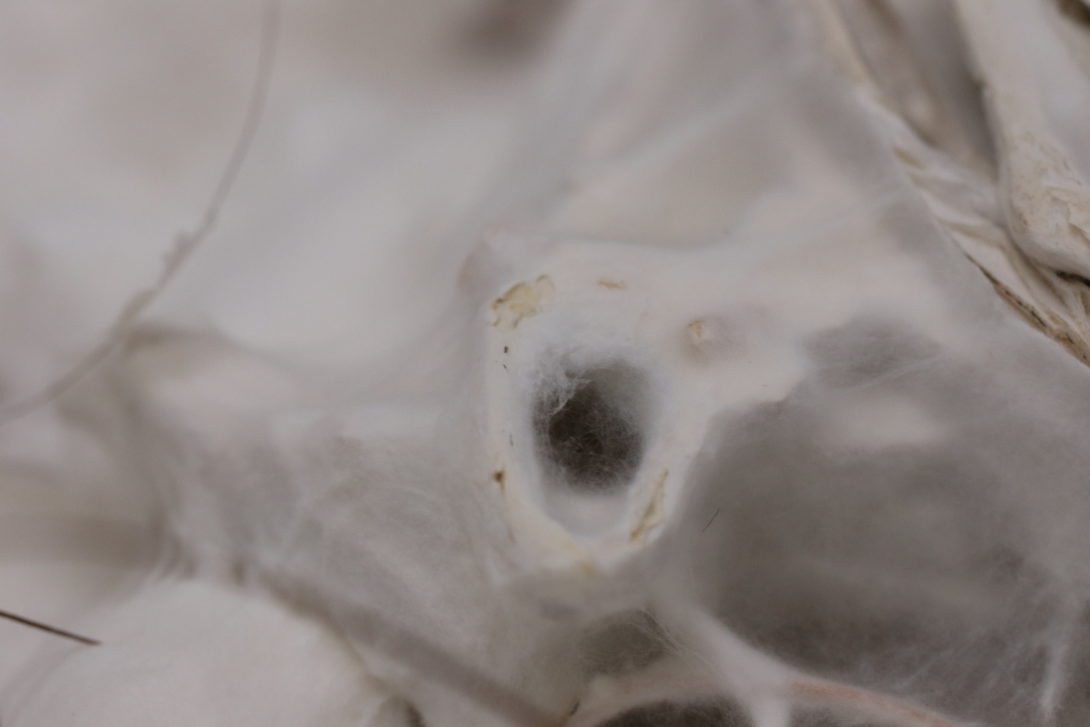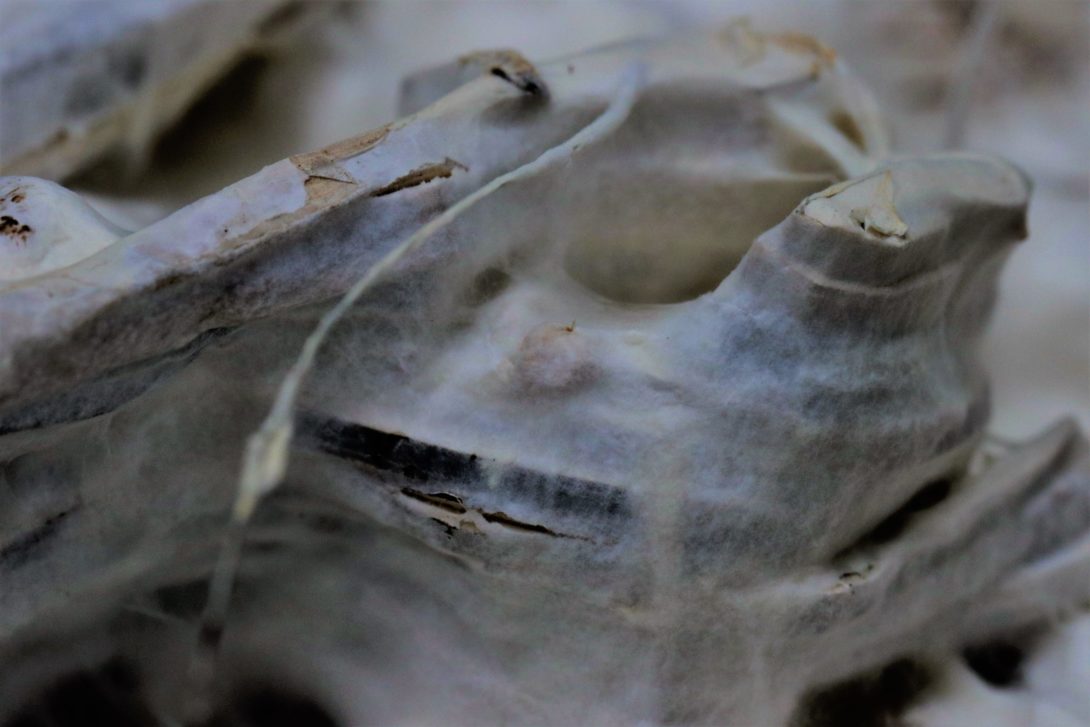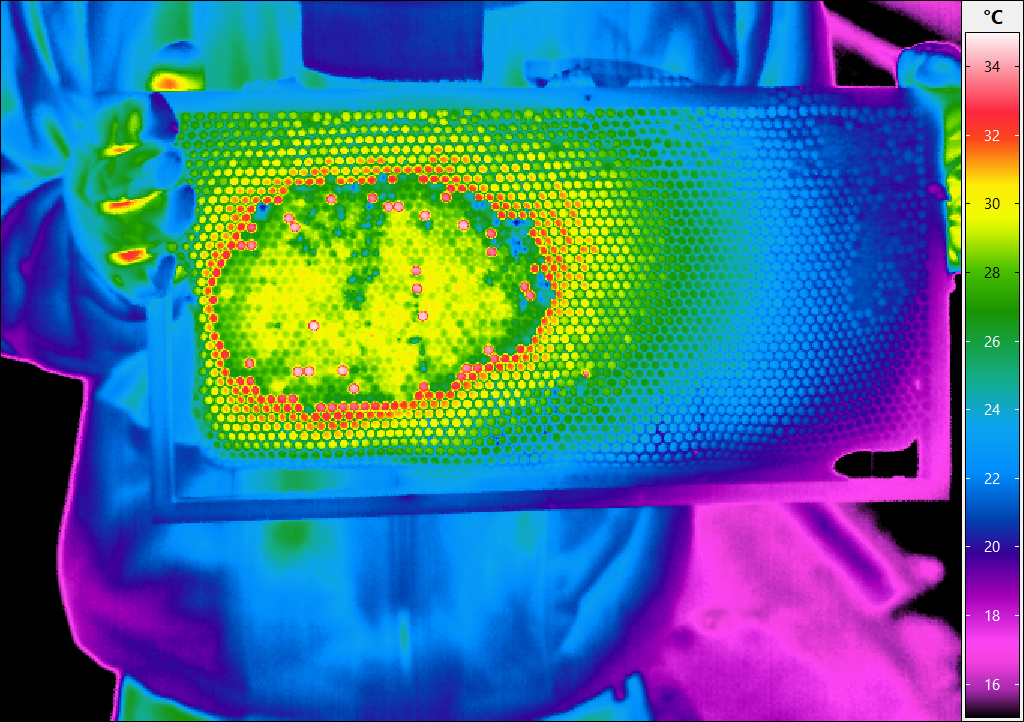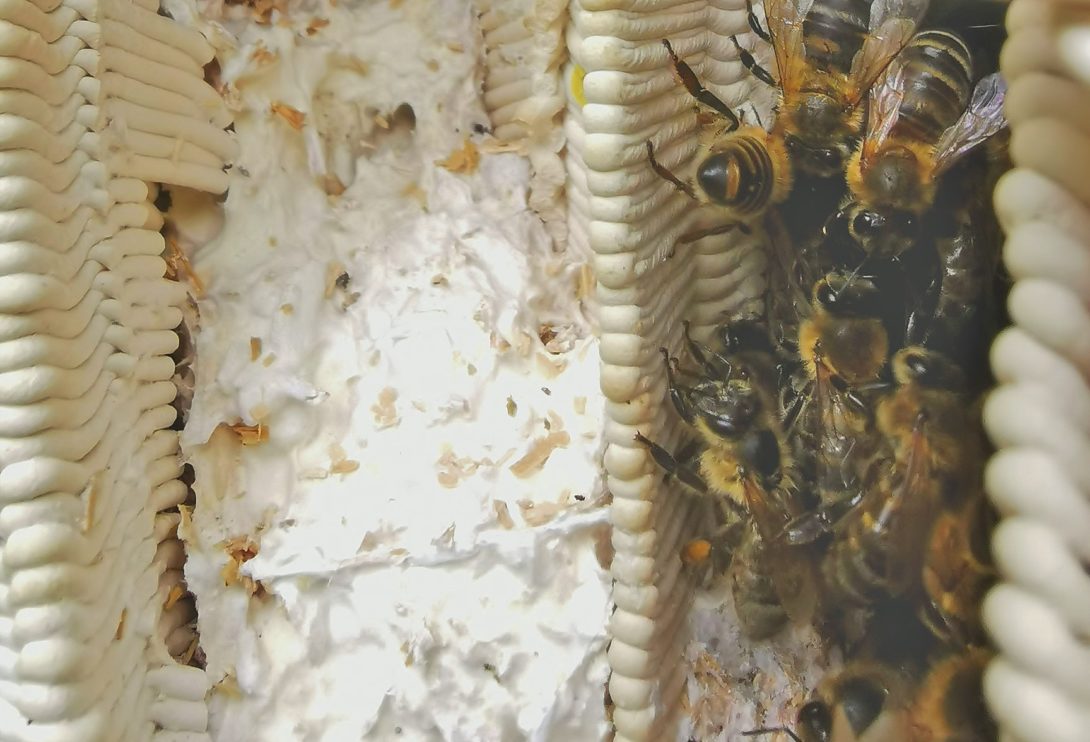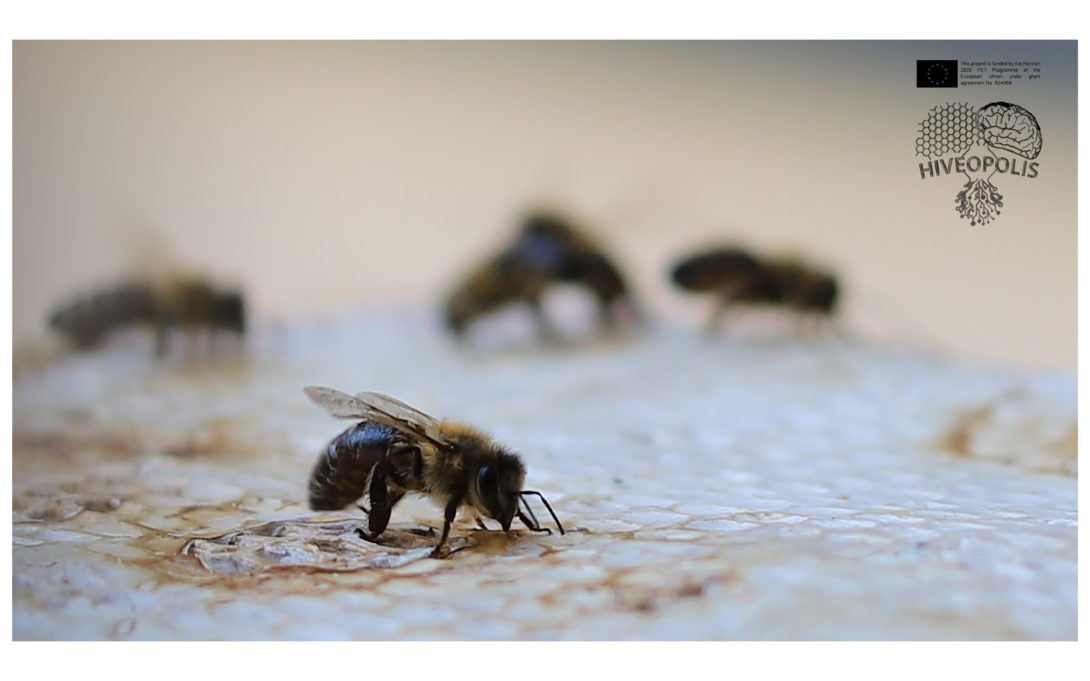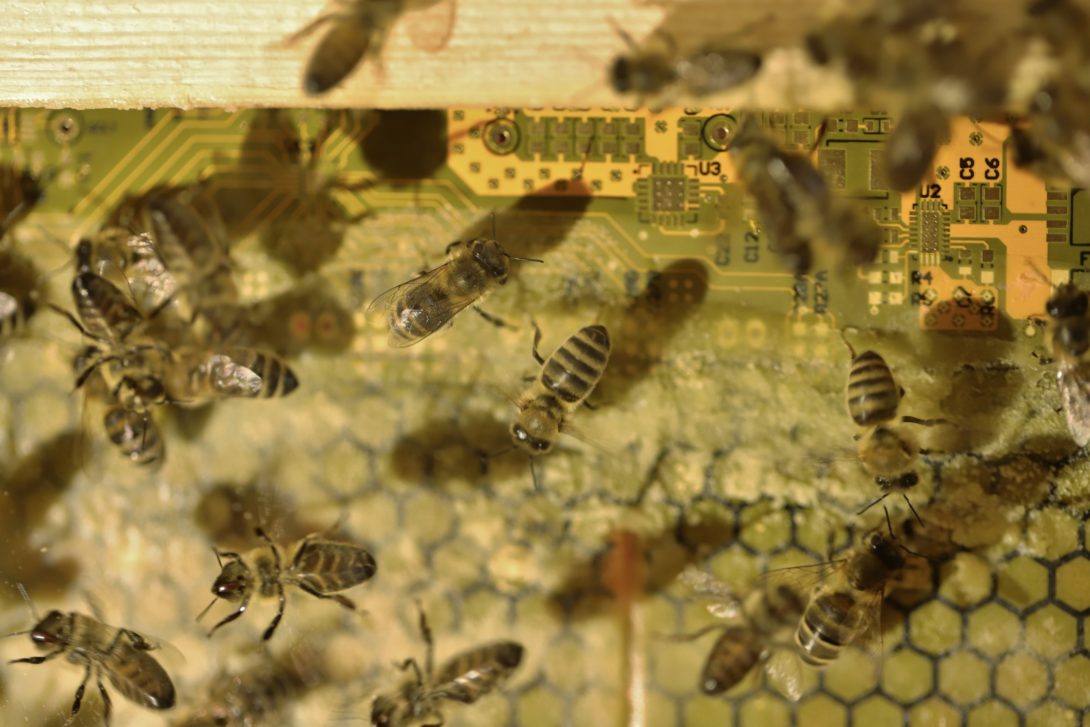Useful information
- Date
- Monday 12th December 2022 — Friday 16th December 2022
- Opening hours
- 9:00am — 6:00pm
- Venue
- FabLab Budapest
- Location
-
Eötvös u. 29.
Budapest, 1067 Hungary - Price
- -
About the event
As designers, we are used to working with many, often contradictory criteria for the effective operation of our inventions. In project HIVEOPOLIS, we suggest a beehive design that rethinks how combs and materials are placed together so that technological parts can be distributed throughout the colony and positioned close enough to where the colony needs to be monitored. We use advanced design, fabrication, monitoring, and robotic technologies to build physical “boundaries” and dissolve rigid boundaries between diverse materials with distinct operating characteristics, including electrical, biological, organic, inorganic, and inorganic materials.
Join us for a four-day “sprint” if you’re in the design, engineering, or making fields! We will introduce you to the concept of biohybrid design and the “conventional” applications of mycelium within it, such as biodegradable zero-waste thermal insulation materials and, more intriguingly, as a living, adapting, and healing companion for honeybees.
The purpose of this workshop is to collaborate on the development of a CNC-oriented design-to-build process and a one-to-one scale prototype of a mycelium enclosure for honeybee nests that can provide thermal insulation. You will primarily work hands-on with the provided materials:
- testing pre-grown mycelium composites regarding their mechanical, thermal, and weathering properties.
- making mycelium composites on a smaller scale for observation and hands-on understanding.
- 3D modeling and CNC-producing molds or sacrificial scaffolds for mycelium composites.
Organizer: Asya Ilgün (as part of the Distributed Design Platform Mobility Scheme 2022 and FET-EU project HIVEOPOLIS)
Co-hosts: FabLab Budapest, Erol Bairaktarov (Designer and researcher in HIVEOPOLIS)
